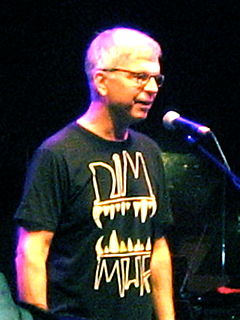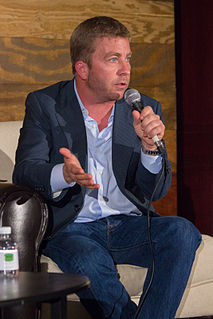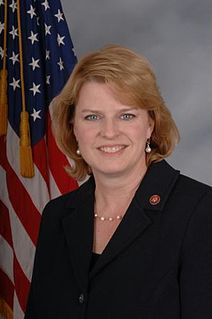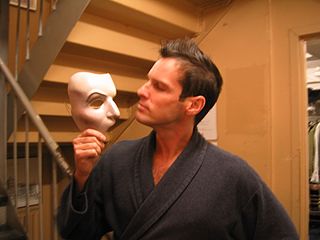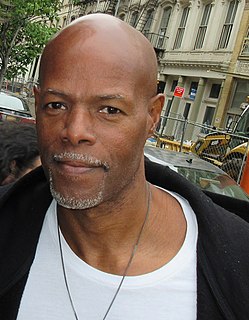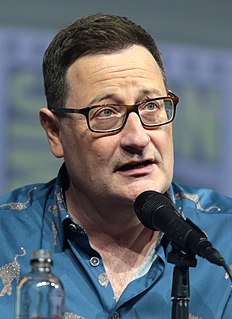A Quote by Tony Visconti
Pop was initially ignored as a moneymaker by the recording industry. In the seventies they were still relying on Frank Sinatra and Tony Bennett for their big hits. You know, most of the budget for the record companies in those days went to the classical department - and those were big budget albums.
Related Quotes
I don't know what the misconceptions are, but I approach a small budget, artsy, independent movie in the same way as a big budget, commercial Hollywood movie. I don't get into those [details]. I have to get into my character and I concentrate on that, on the story, on researching, and on certain training if I have to be prepared physically. I think that's the most important thing.
My parents, the effect that [Frank Sinatra] had on the Italian community, in terms of all our friends at the house were multicultural. We weren't just Italians. My dad's close friend was a black gentleman - this was back in the early 50s when Tony Bennett was reprimanded for having lunch, when he was in the military, with a black man.
